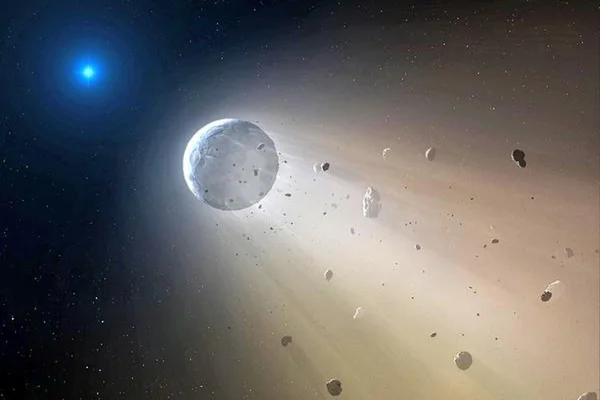Scientists confirmed that an asteroid which exploded over Germany recently is a rare space rock type aubrite meteorite and can aid in studying the origins of Earth.
About Aubrite Meteorites:
- Aubrites are a type of achondritic stony meteorite, which do not contain chondrules (small spherical grains of mineral) commonly found in other types of meteorites.
- A meteorite is a solid piece of debris from an object, such as a comet, asteroid, or meteoroid, that falls on the surface of Earth.
- They are primarily composed of the orthopyroxene enstatite and belong to an asteroid family believed to represent just 1% of known meteorites.
- They likely came from the inner side of the asteroid belt between Mars and Jupiter.
- Asteroids are rocky, airless remnants from the early formation of the solar system.
- Main belt asteroids like 2024 BX1 were formed at around the same time as the solar system planets, about 4.5 billion years ago.
- This originates from the material surrounding the infant sun that was not consumed by formation of the planets.
- Such objects are unaffected by geological processes, so they are crucial for studying the origin of inner solar system planets Mercury, Venus, Mars, and Earth.
- These meteorites have properties very similar to those of the Earth, such as water ratio and the ratio of other chemicals.
- Only 11 instances of aubrite meteorite falls had been found on Earth.
Ref: Source
| UPSC IAS Preparation Resources | |
| Current Affairs Analysis | Topperspedia |
| GS Shots | Simply Explained |
| Daily Flash Cards | Daily Quiz |



